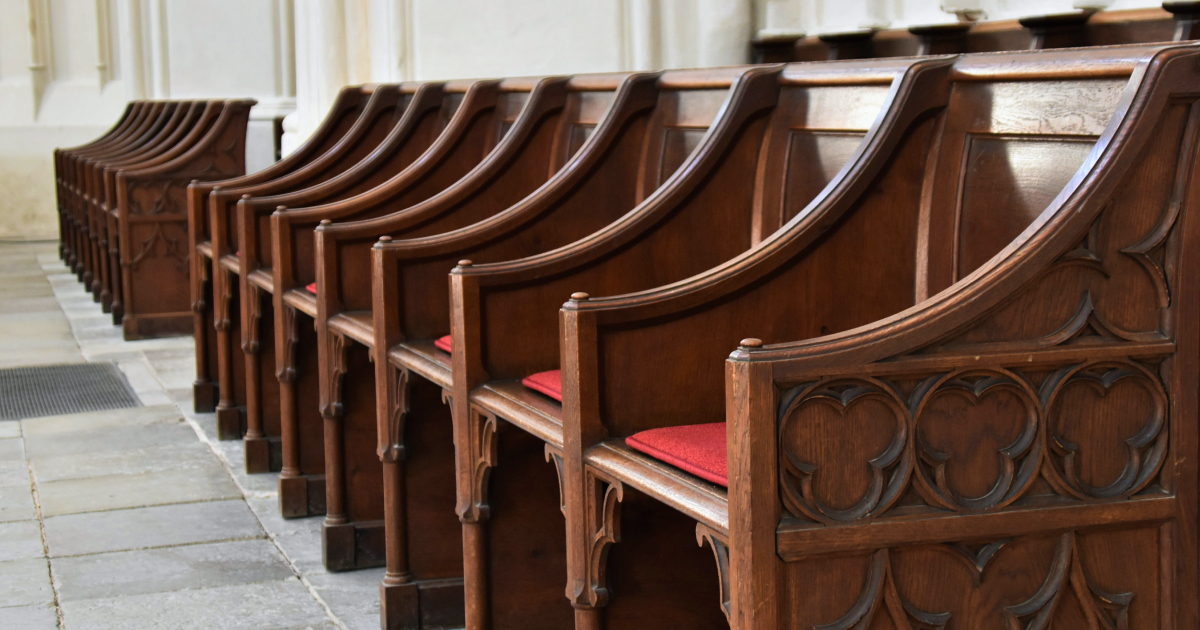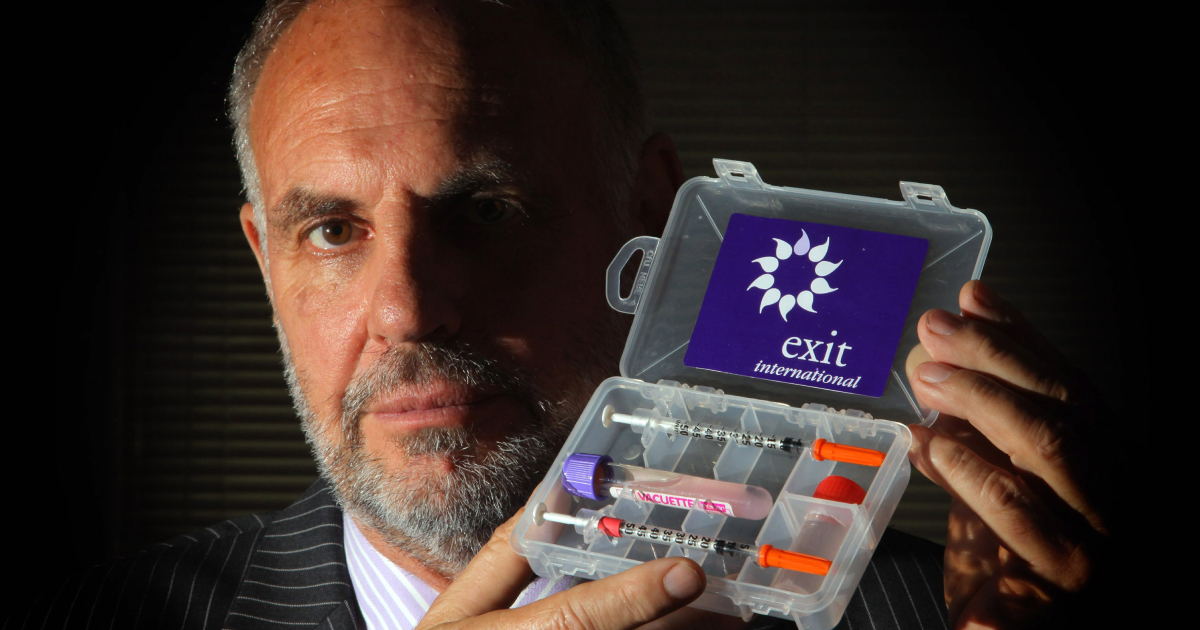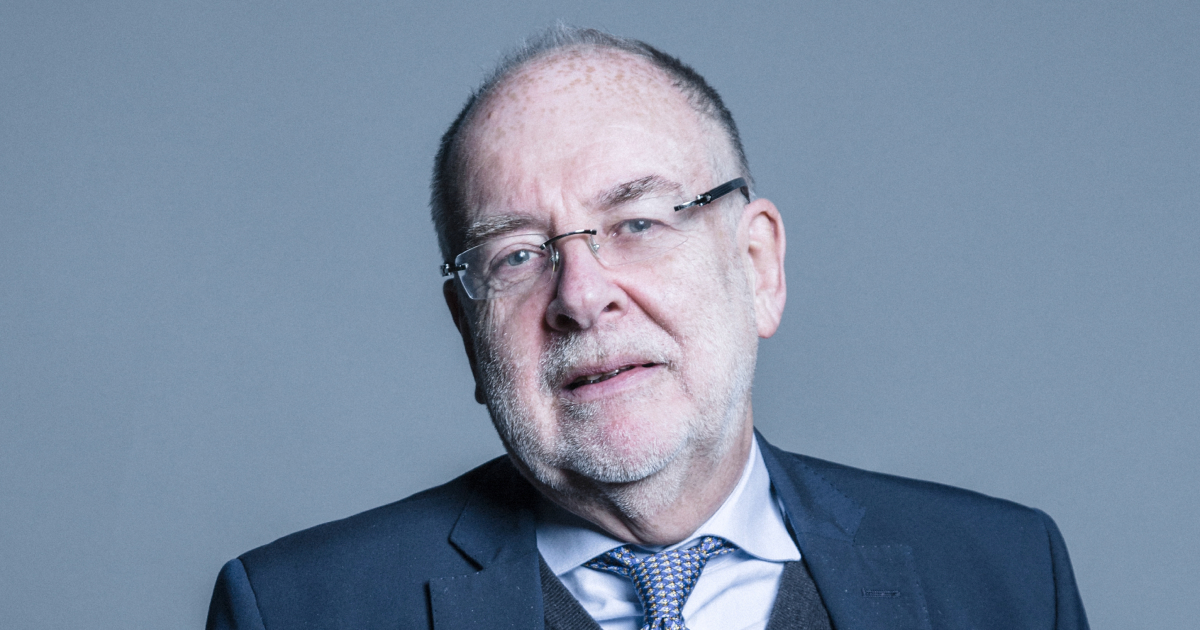Kemi Badenoch, the leader of the UK’s Conservative Party, has asserted her party's support for the two-child benefit cap.
Writing on X, Badenoch said, “Only the Conservatives back the cap, because we believe those on welfare should have to make the same choices as those who aren't. By contrast, Labour and Reform back unlimited handouts and expect working people to pick up the bill.”
The controversial policy, which came into effect under the Conservatives in 2017, means that parents with more than two children will not receive child benefit for those additional children. Under the current rules, parents where neither earns more than £60,000 receive £1,354.60 a year for their first child and £897.00 a year for any subsequent child.
The policy has been criticised by Catholic leaders since it was first proposed in 2015, with the Catholic Bishops of England and Wales stating that “Catholic Social Teaching firmly rejects the two-child cap policy on Universal Credit payments.”
When Keir Starmer’s Labour government was elected in 2024, it was hoped that the new parliament might scrap the cap. While Labour had not included it in their manifesto, they did promise “an ambitious strategy to reduce child poverty,” leading many campaigners to hope for change. In September 2024, the Catholic Bishops of England and Wales encouraged Catholics to write to their MPs to “take action on the two-child cap policy,” which they said had been “undermining the financial security of families with three or more children.”
The policy is widely considered to be anti-Catholic, since Catholic families are statistically more likely to have larger numbers of children. While there is no official data on Catholic fertility in the UK, it is thought to be higher than the national average of 1.4 children per woman, due to Church teaching on openness to life and the high number of immigrants from higher-fertility countries within Catholic communities.
Despite growing pressure, and with all major political parties outside Labour and the Conservatives officially opposing the cap, Prime Minister Keir Starmer and Chancellor Rachel Reeves have said that removing the cap is not currently affordable and that the government does not intend to scrap it immediately.
The Conservative Party, which had been in power for 14 years prior to Labour’s landslide victory, continues to lag in the polls. The most recent Ipsos poll puts the Conservatives at 15 per cent, 10 points behind Labour and less than half the support of Nigel Farage’s Reform UK, which is polling at 34 per cent.
(Photo by Dan Kitwood/Getty Images)





.png)











